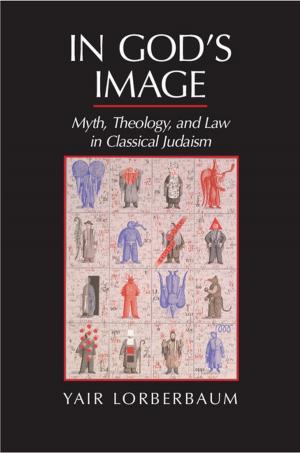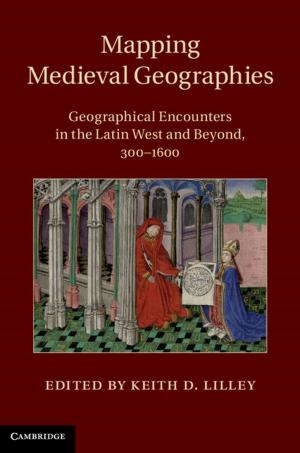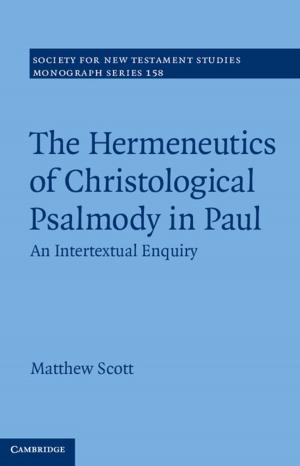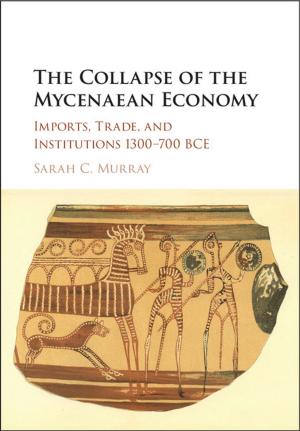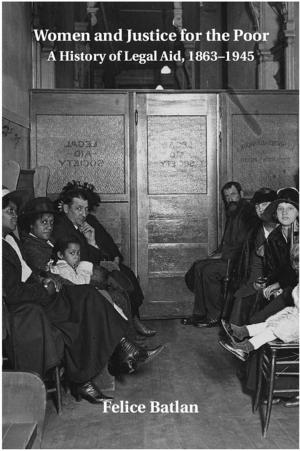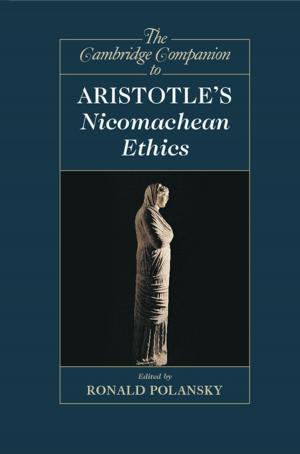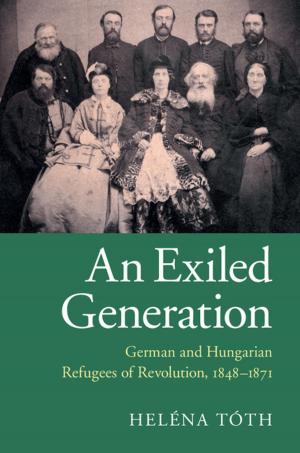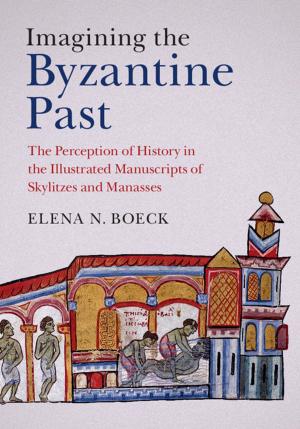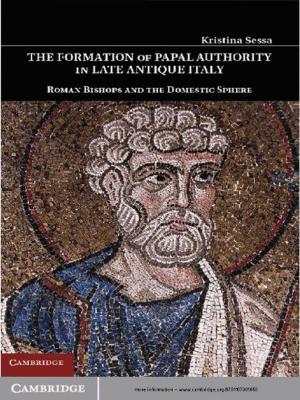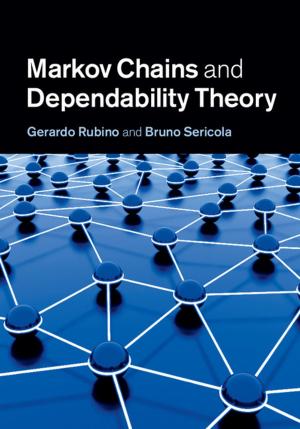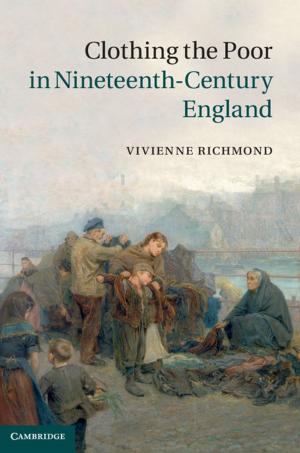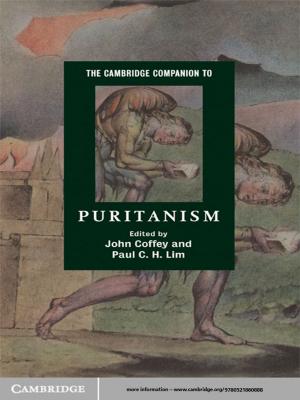Global Capitalism, Global War, Global Crisis
Nonfiction, Social & Cultural Studies, Political Science, International, International Relations, Business & Finance| Author: | Andreas Bieler, Adam Morton | ISBN: | 9781108583909 |
| Publisher: | Cambridge University Press | Publication: | April 30, 2018 |
| Imprint: | Cambridge University Press | Language: | English |
| Author: | Andreas Bieler, Adam Morton |
| ISBN: | 9781108583909 |
| Publisher: | Cambridge University Press |
| Publication: | April 30, 2018 |
| Imprint: | Cambridge University Press |
| Language: | English |
This book assesses the forces of social struggle shaping the past and present of the global political economy from the perspective of historical materialism. Based on the philosophy of internal relations, the character of capital is understood in such a way that the ties between the relations of production, state-civil society, and conditions of class struggle can be realised. Conceiving the internal relationship of global capitalism, global war, global crisis as a struggle-driven process is a major contribution of the book providing a novel intervention on debates within theories of 'the international'. Through a set of conceptual reflections, on agency and structure and the role of discourses embedded in the economy, class struggle is established as our point of departure. This involves analysing historical and contemporary themes on the expansion of capitalism through uneven and combined development (global capitalism), the role of the state and geopolitics (global war), and conditions of exploitation and resistance (global crisis). The conceptual reflections and thematic considerations raised earlier in the book are then extended in a series of empirical interventions. These include a focus on the 'rising powers' of the BRICS (global capitalism), conditions of the 'new imperialism' (global war), and the financial crisis since the 2007–8 Great Recession (global crisis). As a result of honing in on the internal relations of global capitalism, global war, global crisis the final major contribution of the book is to deliver a radically open-ended dialectical consideration of ruptures of resistance within the global political economy.
This book assesses the forces of social struggle shaping the past and present of the global political economy from the perspective of historical materialism. Based on the philosophy of internal relations, the character of capital is understood in such a way that the ties between the relations of production, state-civil society, and conditions of class struggle can be realised. Conceiving the internal relationship of global capitalism, global war, global crisis as a struggle-driven process is a major contribution of the book providing a novel intervention on debates within theories of 'the international'. Through a set of conceptual reflections, on agency and structure and the role of discourses embedded in the economy, class struggle is established as our point of departure. This involves analysing historical and contemporary themes on the expansion of capitalism through uneven and combined development (global capitalism), the role of the state and geopolitics (global war), and conditions of exploitation and resistance (global crisis). The conceptual reflections and thematic considerations raised earlier in the book are then extended in a series of empirical interventions. These include a focus on the 'rising powers' of the BRICS (global capitalism), conditions of the 'new imperialism' (global war), and the financial crisis since the 2007–8 Great Recession (global crisis). As a result of honing in on the internal relations of global capitalism, global war, global crisis the final major contribution of the book is to deliver a radically open-ended dialectical consideration of ruptures of resistance within the global political economy.


